The FDA has approved two new gene therapies for sickle cell disease, a ‘functional cure’ for many patients.
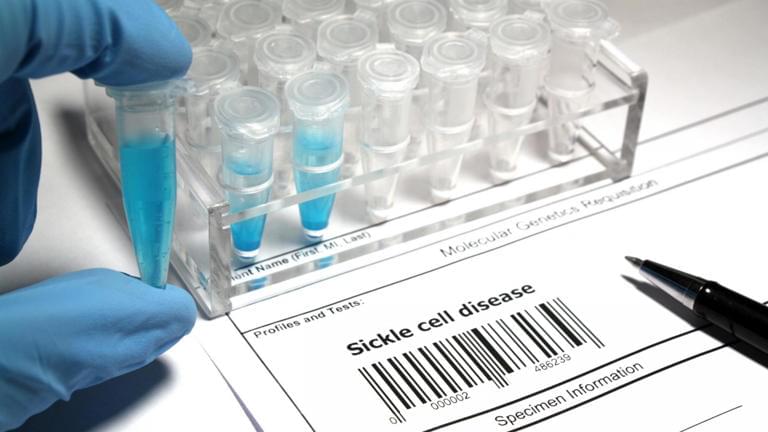

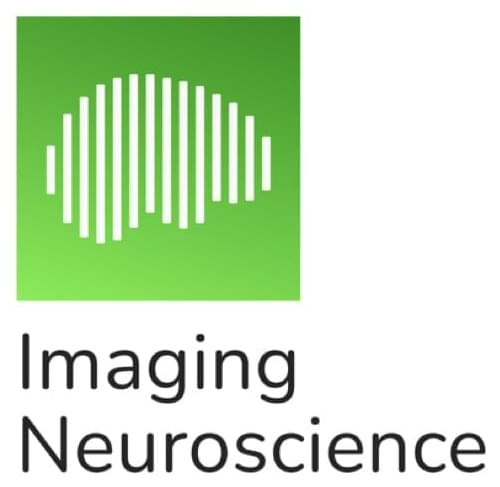
Abstract. Individual differences in the spatial organization of resting-state networks have received increased attention in recent years. Measures of individual-specific spatial organization of brain networks and overlapping network organization have been linked to important behavioral and clinical traits and are therefore potential biomarker targets for personalized psychiatry approaches. To better understand individual-specific spatial brain organization, this paper addressed three key goals. First, we determined whether it is possible to reliably estimate weighted (non-binarized) resting-state network maps using data from only a single individual, while also maintaining maximum spatial correspondence across individuals. Second, we determined the degree of spatial overlap between distinct networks, using test-retest and twin data.
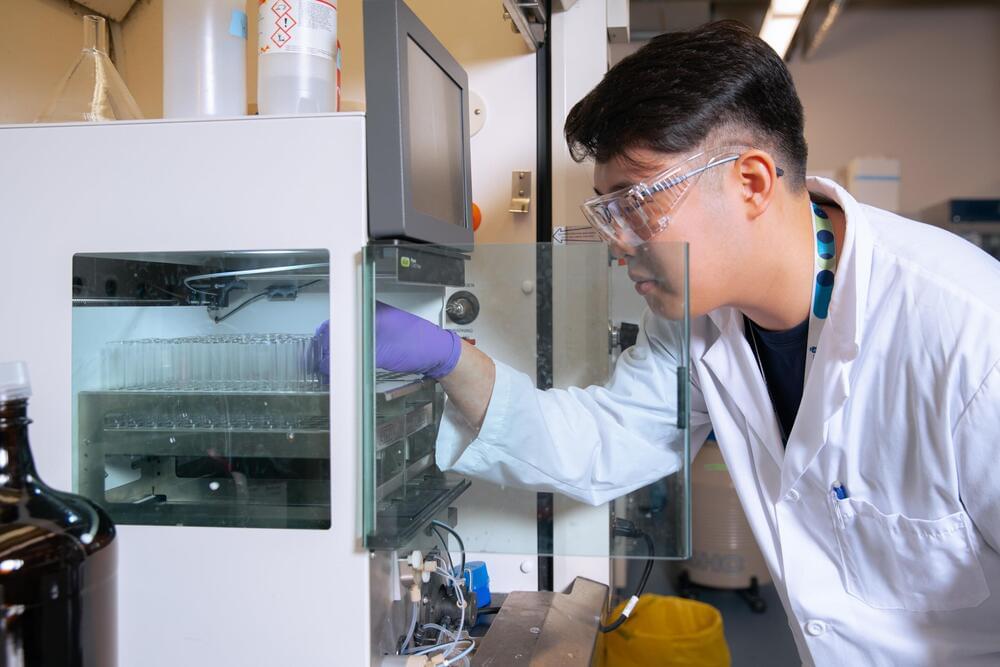
A team of researchers based at the University of Toronto’s (U of T) Leslie Dan Faculty of Pharmacy has discovered a novel ionizable lipid nanoparticle that enables muscle-focused mRNA delivery while minimizing off-target delivery to other tissues. The team also showed that mRNA delivered by the lipid nanoparticles investigated in their study triggered potent cellular-level immune responses as a proof-of-concept melanoma cancer vaccine.
The study, led by Bowen Li, assistant professor, Leslie Dan Faculty of Pharmacy, U of T, was published this week in Proceedings of the National Academy of Sciences.
Called iso-A11B5C1, the new lipid nanoparticle demonstrates exceptional mRNA delivery efficiency in muscle tissues while also minimizing unintended mRNA translation in organs such as the liver and spleen.
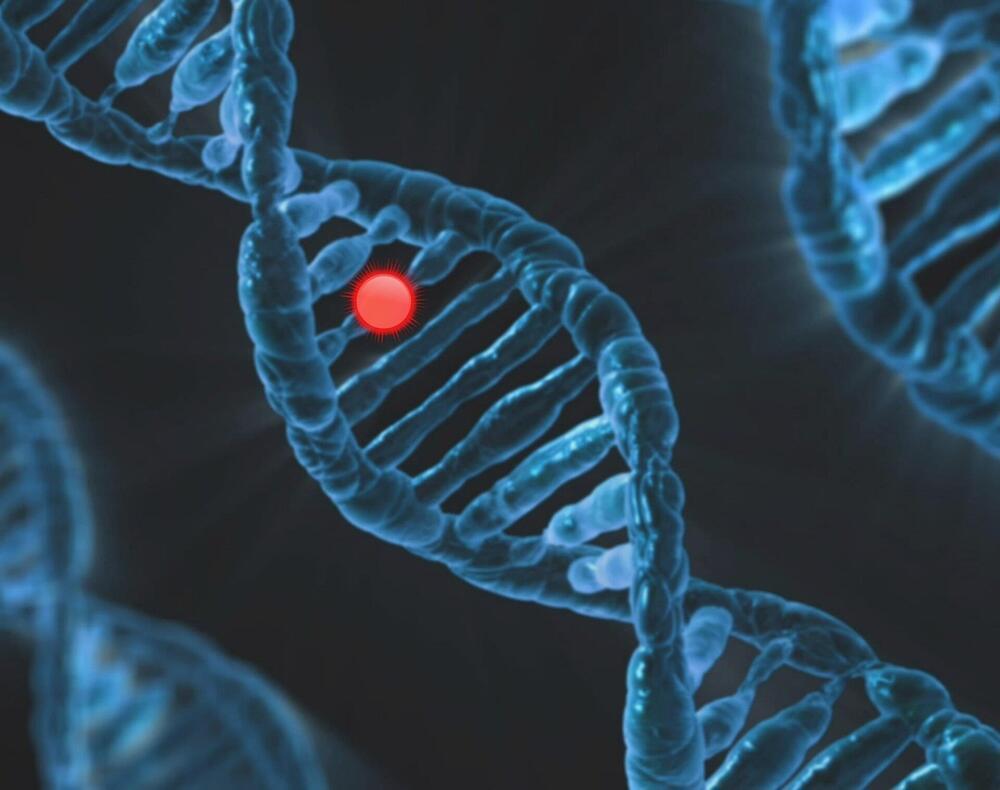
A University of Michigan-led study based on a review of genetic and health information from more than 276,000 people finds strong support for a decades-old evolutionary theory that sought to explain aging and senescence.
In 1957, evolutionary biologist George Williams proposed that genetic mutations that contribute to aging could be favored by natural selection if they are advantageous early in life in promoting earlier reproduction or the production of more offspring. Williams was an assistant professor at Michigan State University at the time.
Williams’ idea, now known as the antagonistic pleiotropy theory of aging, remains the prevailing evolutionary explanation of senescence, the process of becoming old or aging. While the theory is supported by individual case studies, it has lacked unambiguous genome-wide evidence.
The central dogma of molecular biology postulates that the information packets encoded within the molecules of deoxyribonucleic acid (DNA) are first transcribed into molecules of messenger ribonucleic acids (mRNAs), and then subsequently translated/decoded to generate molecules called proteins.
Proteins are essential biomolecules that are composed of multiple smaller subunits called amino acids. These amino acids are stitched together via peptide bonds and contribute to the shape, size and charge distribution that the protein, as a sum of its amino acid parts, eventually exhibits.
For cells to make proteins, they need to decode the language of the mRNA (nucleic acid) and translate that into the language of proteins (amino acid). This process is described in molecular biology textbooks interchangeably as mRNA translation or protein synthesis.
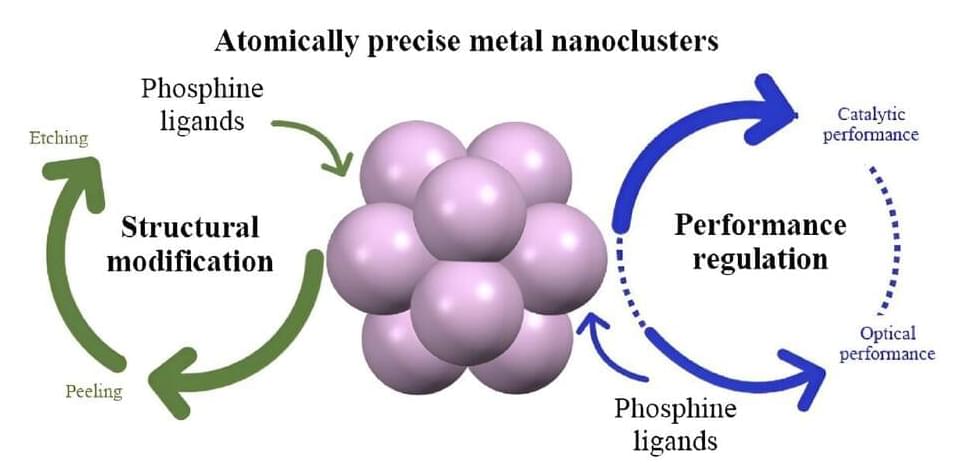
A team of researchers has reviewed a unique method for reforming the structures of ultra-small nanomaterials. These nanomaterials, called metal nanoclusters, bridge the gap between the metal atom and the bulk metal, making them highly useful in both basic and applied research. Metal nanoclusters have the potential for wide-ranging applications in the biomedical fields.
The team’s review paper is published in the journal Polyoxometalates.
The team investigated the phosphine-LEIST reaction. This method shows advantages in metal nanoclusters’ structural modification and property modulation. “The method we reviewed is able to modulate the atomically precise structure of metal nanoclusters and regulate their corresponding performance,” said Man-Bo Li, a professor at Anhui University, China.
In Episode 3 of the Lifespan Podcast, Dr. David Sinclair and Matthew LaPlante dive deeply into the science of non-dietary interventions that mimic adversity and promote health. They begin by highlighting how different types of physical activity (i.e., low-intensity aerobic exercise, high-intensity aerobic exercise, and weight training) protect against age-related disease and enhance longevity. David and Matthew additionally highlight the latest evidence behind hyperbaric oxygen therapy, cold therapy, and heat therapy. As they discuss different adversity mimetics, they also explain how these interventions influence aging at the molecular and physiological levels.
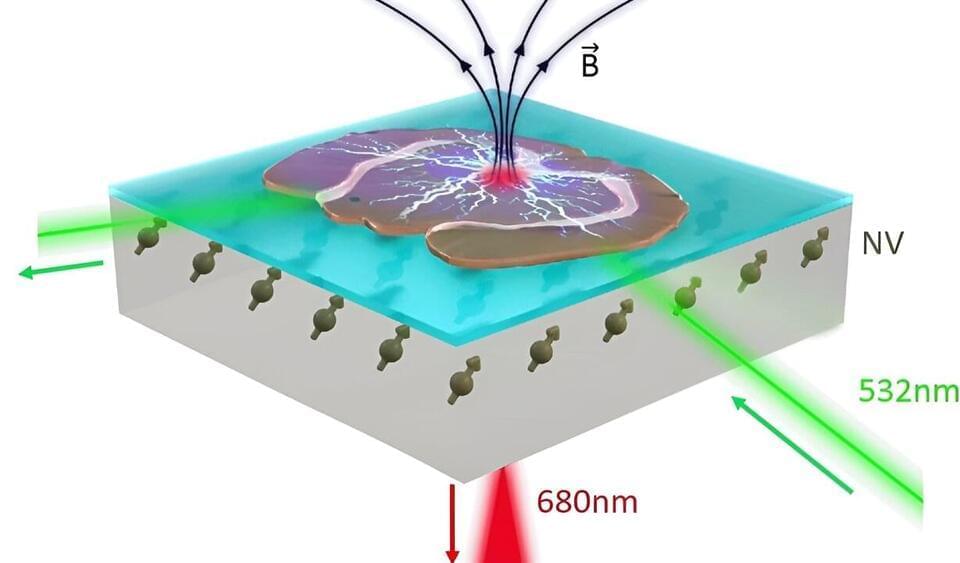
A recent study by European scientists shows that highly sensitive sensors based on color centers in a diamond can be used to record electrical activity from neurons in living brain tissue. The work is published in the journal Scientific Reports.
Before people encounter symptoms of brain diseases such as dementia, slight changes have usually occurred already in the brain tissue. It may be that parts of the brain are swelling up or clumps of proteins are forming. These small changes might influence how nerve cells in the brain signal each other and communicate, how information is processed and memorized.
Medical scientists want to study these minor changes that occur in the very early stages of a disease. That way, the intention is to learn more about the causes of the disease to provide new insights and more efficient treatments. Today, microscopic studies on the brain are performed with one of two strategies: Optical inspection of brain tissue samples from animals or deceased patients that suffer from the studied disease or measurements of the signals from the nerve cells using wires, coloring, or light.
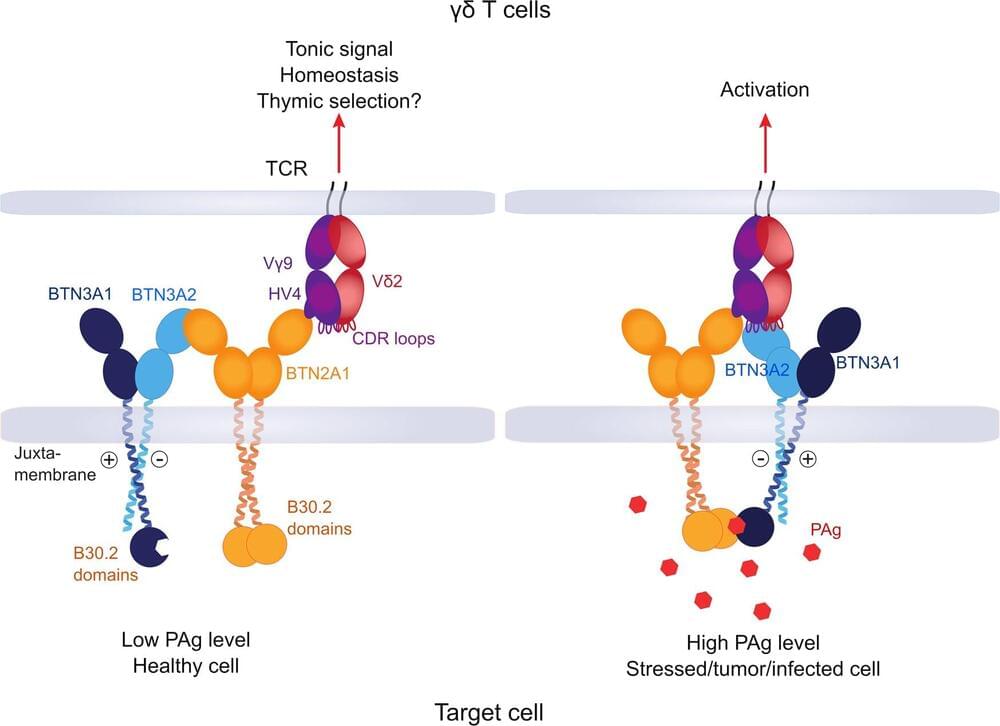
In order for immune cells to do their job, they need to know against whom they should direct their attack. Research teams at the University of Würzburg have identified new details in this process.
As complicated as their name is, they are important for the human organism in the fight against pathogens and cancer: Vγ9Vδ2 T cells are part of the immune system and, as a subgroup of white blood cells, fight tumor cells and cells infected with pathogens. They recognize their potential victims by their altered cell metabolism.
Research teams from the University of Würzburg and the University Hospital of Würzburg, together with groups in Hamburg, Freiburg, Great Britain and the U.S., have now gained new insights into how these cells manage to look inside the cell. Thomas Herrmann, Professor of Immunogenetics at the Institute of Virology and Immunobiology and his colleague Dr. Mohindar Karunakaran at Julius-Maximilians-Universität Würzburg (JMU), were responsible for the study published in the journal Nature Communications.
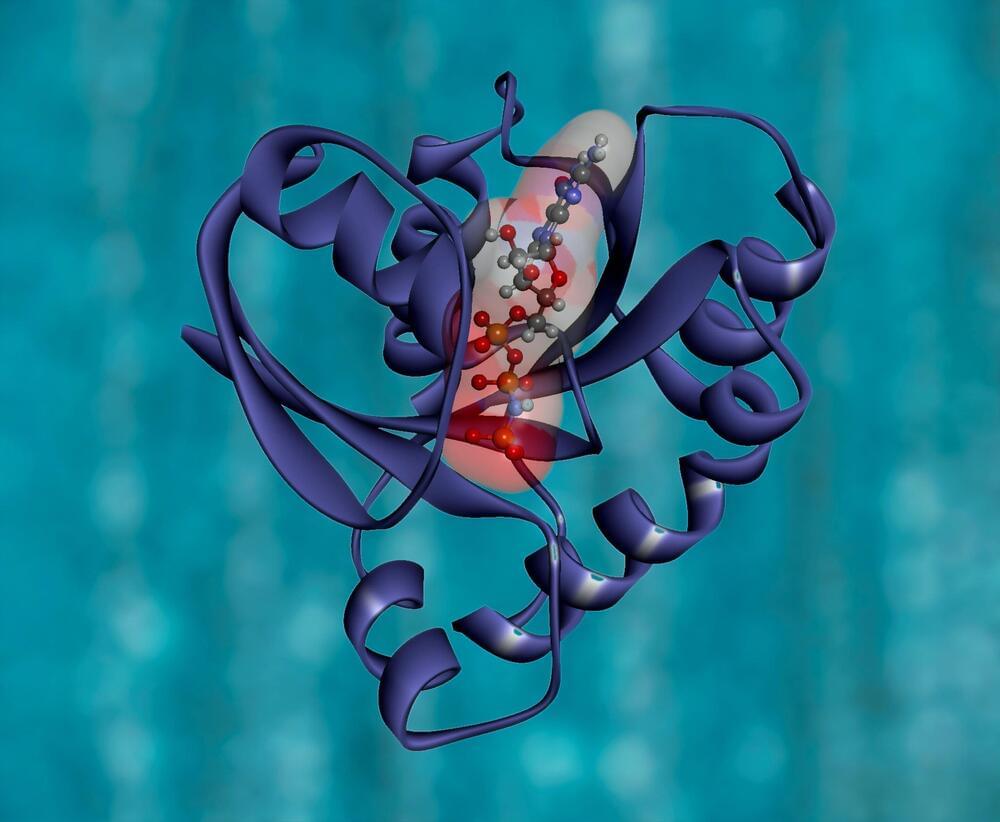
While we often think of diseases as caused by foreign bodies—bacteria or viruses—there are hundreds of diseases affecting humans that result from errors in cellular production of proteins.
A team of researchers led by the University of Massachusetts Amherst leveraged the power of cutting-edge technology, including an innovative technique called glycoproteomics, to unlock the carbohydrate-based code that governs how certain classes of proteins form themselves into the complex shapes necessary to keep us healthy.
The research, published in the journal Molecular Cell, explores members of a family of proteins called serpins, which are implicated in a number of diseases. The research is the first to investigate how the location and composition of carbohydrates attached to the serpins ensure that they fold correctly.